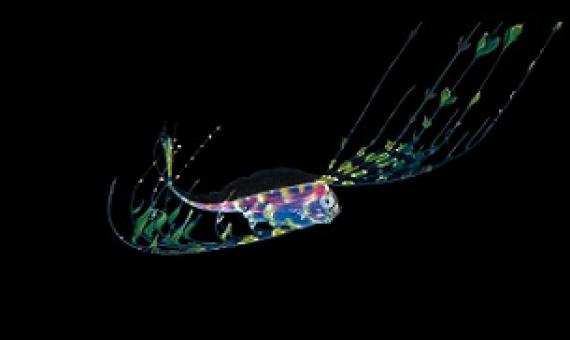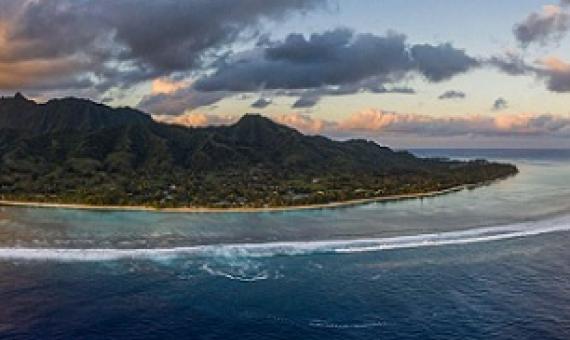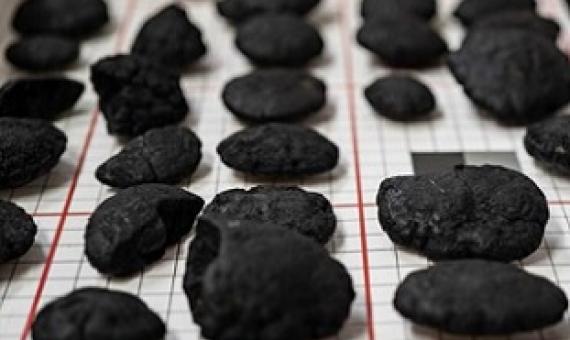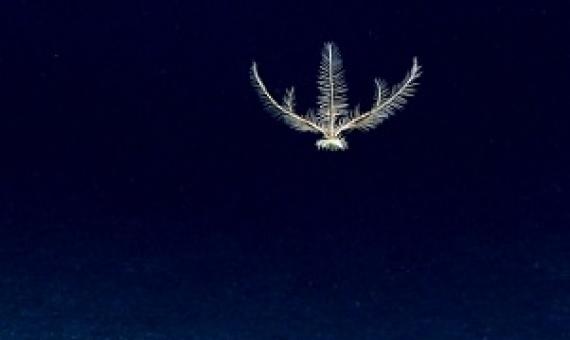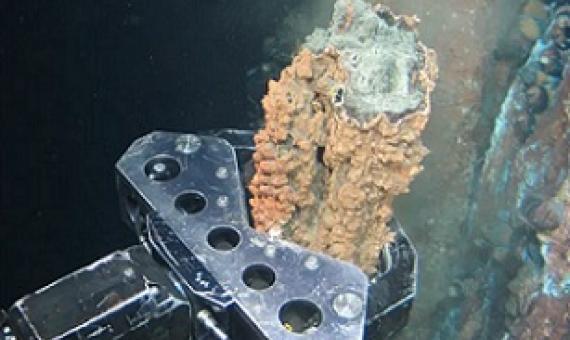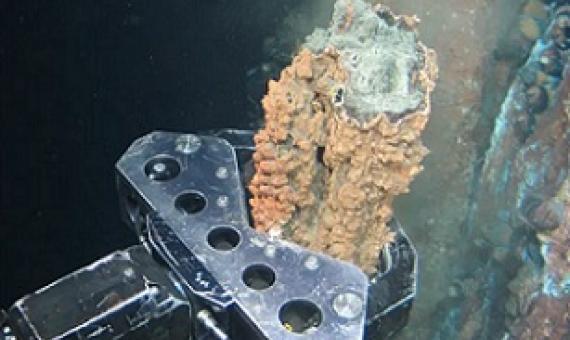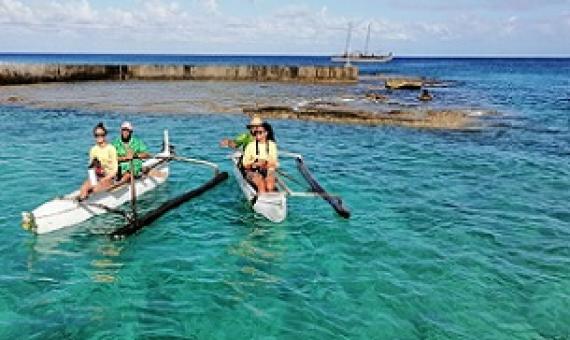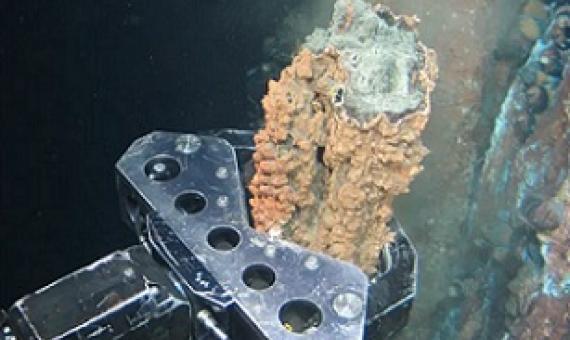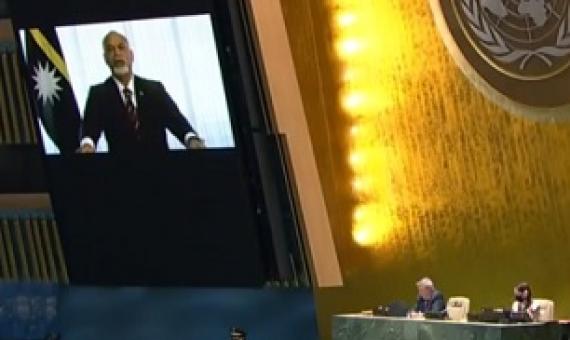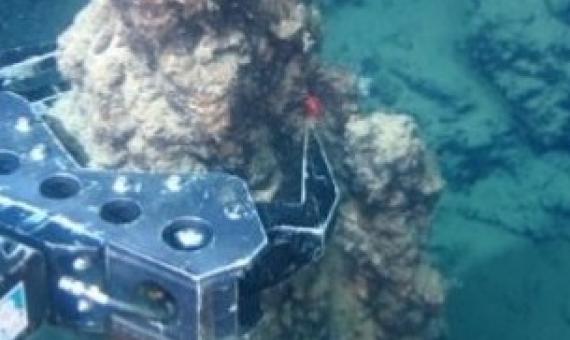As the International Seabed Authority meets in person this month for the first time in nearly two years, global opposition to deep-sea mining is building, and the United Nations-affiliated organisation faces dissent among its member states over a rush to enact regulations to allow seabe
“See this?” Paul Lynch, an affable middle-aged lawyer, asks the schoolkids gathered around him. He holds up a baseball-sized rock—a polymetallic nodule, so called because it contains multiple metals, among them cobalt, copper, manganese, nickel, and rare earth elements.
Prime Minister Mark Brown says he expects seabed minerals exploration licences to be approved or denied by February.
A new report suggests that the noise pollution produced by deep-sea mining activities could have far-reaching effects on the marine environment, from surface to seafloor.
The demand for minerals—specifically, strategic metals such as cobalt, nickel, copper, and manganese—has been steadily increasing with population growth and changing consumption patterns in the developing world.
Scientists at the University of Hawaii have released a new researched opinion about the unstudied consequences of deep sea mining.
The key purpose of the Tāua e Moana voyage is to deliver ocean health awareness raising messages by the three collaborating organisations. At every island, each organisation has given presentations to the schools.
A short bureaucratic note from a brutally degraded microstate in the South Pacific to a little-known institution in the Caribbean is about to change the world. Few people are aware of its potential consequences, but the impacts are certain to be far-reaching.
A Pacific government which has sought to expedite deep sea mining used its UN platform to make a pitch for an industry that is unpopular with ocean peoples.
Pacific civil society warns that prospective deep sea miner, The Metals Company (TMC) may well go down the same path as the failed Nautilus Minerals. Formed by the merger of DeepGreen Metals and Sustainable Opportunities Acquisition Corp (SOAC), the company looks set for a bumpy ride.

